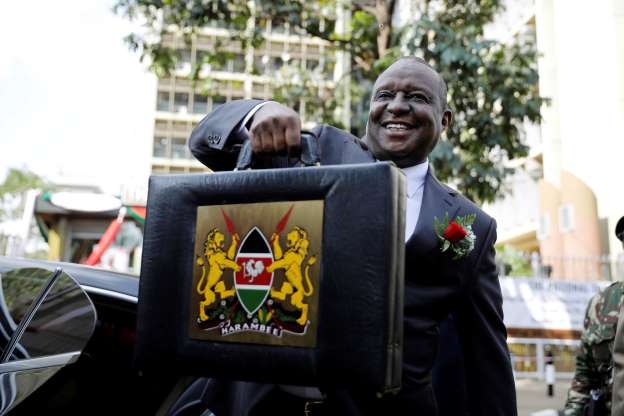Sports betting industry to receive 10% tan on stake in Kenya

The Kenyan sports betting industry is about to receive a crackdown from the government through a newly proposed taxing plan of 10% on the amount staked.
According to the local authorities, sports betting has already become more of a nuisance than an asset for the local economy as problem gambling keeps on rising without any barriers ahead of it.
The introduction of the tax was part of the 2019-2020 national budget plan which also held crackdowns on various entertainment industries including sports betting. Other “sinful” activities such as alcohol and tobacco will also be receiving a consumer tax of 15%, therefore driving the prices up. The authorities are trying to “purify” the local economy as much as possible and focus on those industries that produce as many jobs and value as possible.
Why such aversion?
The Secretary of Kenya’s Treasury, Mr Henry Rotich announced his proposal in front of a large audience which caused cheers and support for the motion. However, some politicians criticized Rotich’s decision to go easy on the betting industry.
Yes, an additional 10% tax on stake is still considered as going easy on an industry which is already starting have more enemies than friends in high places. According to the authorities, the reason why it’s considered as “going easy” is due to other industries such as tobacco and alcohol, mentioned earlier, receiving 15% added tax. Many believe that it’s unfair and that Rotich is actually supporting these companies.
However, if 15% had indeed been approved, then the betting industry would have gone under much faster. Although it is damaging the economy by draining the local population of their purchasing power, it is still contributing at least something.
Past crackdowns
Last month, Kenya took another jab at the betting industry by raising the license application fees to new heights, pretty much preventing new companies from ever applying in the country with profit in their mind. The price hike of 30% was so big, that it would add at least a decade to the company’s operations in Kenya to recuperate the losses.
Furthermore, multiple companies are now under the pressure of a deadline until July 1st to report their due taxes and pay them accordingly. It is believed that the Kenyan National Treasury is expecting tax payments from these countries in the hundreds of millions of US dollars.



































Comments (0 comment(s))